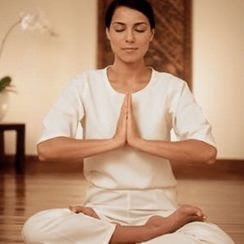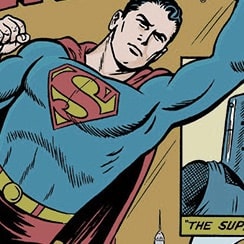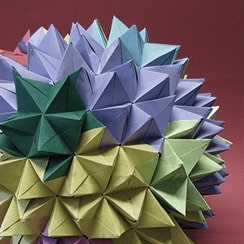Try GOLD - Free
BBC Wildlife Magazine - January 2026

Holiday Sale
1767430799
Go Unlimited with Magzter GOLD
Read BBC Wildlife along with 10,000+ other magazines & newspapers with just one subscription
View CatalogSubscribe only to BBC Wildlife
Cancel Anytime.
(No Commitments) ⓘIf you are not happy with the subscription, you can email us at help@magzter.com within 7 days of subscription start date for a full refund. No questions asked - Promise! (Note: Not applicable for single issue purchases)
Digital Subscription
Instant Access ⓘSubscribe now to instantly start reading on the Magzter website, iOS, Android, and Amazon apps.
Verified Secure
payment ⓘMagzter is a verified Stripe merchant.
In this issue
ENIGMA
Inside the paradox of koala conservation
Africa’s Great Rift Valley
Wolf adventure in Canada
Into the plastisphere
Wild Times
Catch up with all the latest developments and discoveries making the headlines
Mike Dilger’s wildlife spectacles Antarctica’s Adélie penguins are no pushover when it comes to defending the colony
The koala paradox
They’re both endangered and abundant, making conservation far from straightforward
BBC Wildlife Magazine Description:
BBC Wildlife Magazine is a monthly magazine about wildlife, operated and published by Immediate Media Company. It was launched in January 1963 as Animals Magazine, edited by filmmaker Armand Denis.
The magazine covers a wide range of topics, including animals, plants, conservation, and environmental issues. It also features stunning photography and informative articles.
BBC Wildlife Magazine is a popular read for many people who are interested in the natural world, and is known for its high-quality content and informative articles. It has helped many people learn more about wildlife and conservation.
Here are some of the things you can expect from BBC Wildlife Magazine:
* Stunning photography of wildlife
* Informative articles on animals, plants, and conservation
* Interviews with wildlife experts
* Features on wildlife news and trends
If you're looking for a magazine that will help you stay up-to-date on the latest wildlife news and trends, then BBC Wildlife Magazine is a good choice. Subscribe today and start exploring the natural world!
Recent issues

December 2025

November 2025

October 2025

September 2025

August 2025

July 2025

June 2025

May 2025

April 2025

Spring 2025

March 2025

February 2025

January 2025

December 2024

November 2024

October 2024

September 2024

August 2024

July 2024

June 2024

May 2024

April 2024

Spring 2024

March 2024

February 2024

January 2024

December 2023

November 2023

October 2023
Related Titles

Horse & Hound

Practical Reptile Keeping

The Country Smallholder

Your Horse

Racing Ahead

K9 Magazine

The Amazing World of Asian Elephants

Birds & Blooms

Horse and Rider

Equus

Chickens

Reptiles Magazine

Horse Illustrated

Young Rider

FIDO Friendly

LIFE : BEARS

Canadian Wildlife

Wild Canada

Canadian Geographic Best Wildlife Photography 2025

dogs & more

Pet Demand

Idog - How to Train a Dog

Veterinary Supplements Catalogue

Whistling Mornings Croaking Nights

The Weekend Aquarist

Adventures of a Cow

Buddy Life

African Birdlife

Animaltalk Magazine

Canine Zone












































